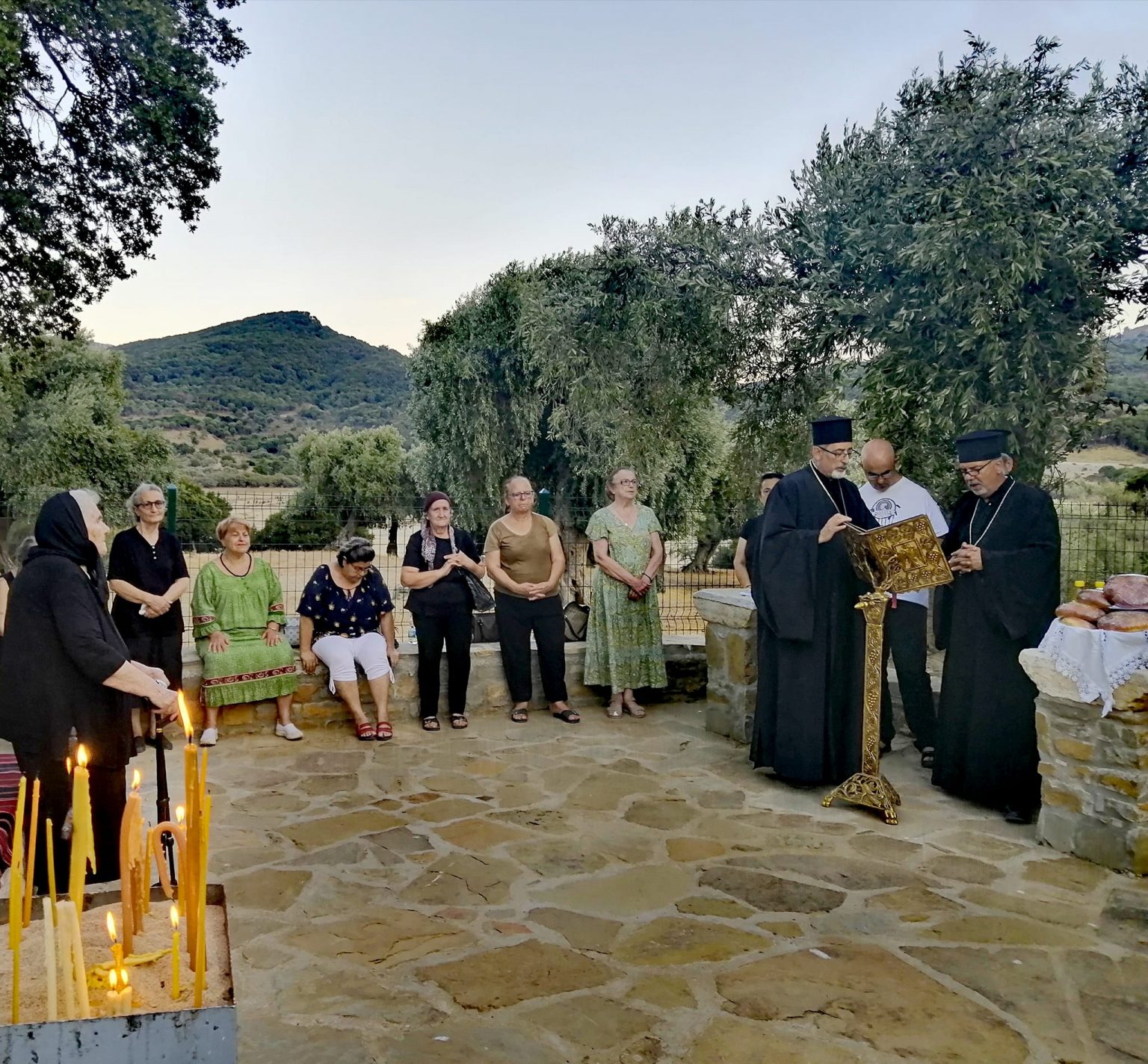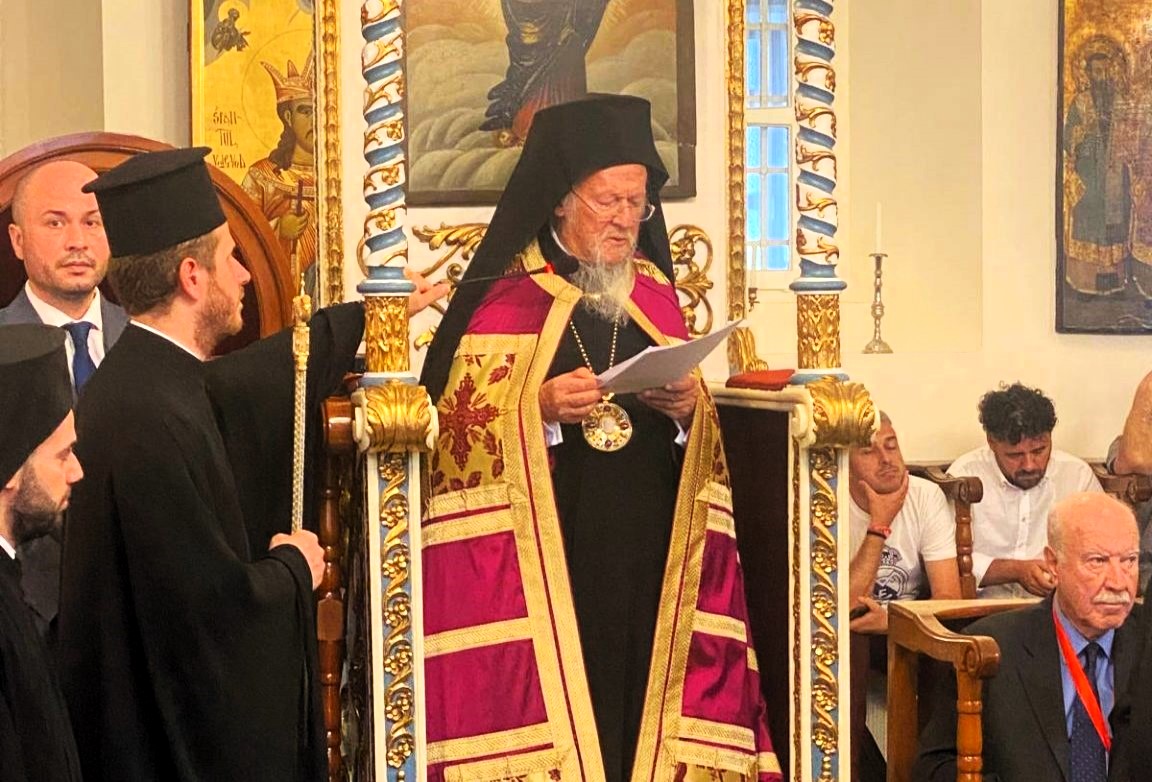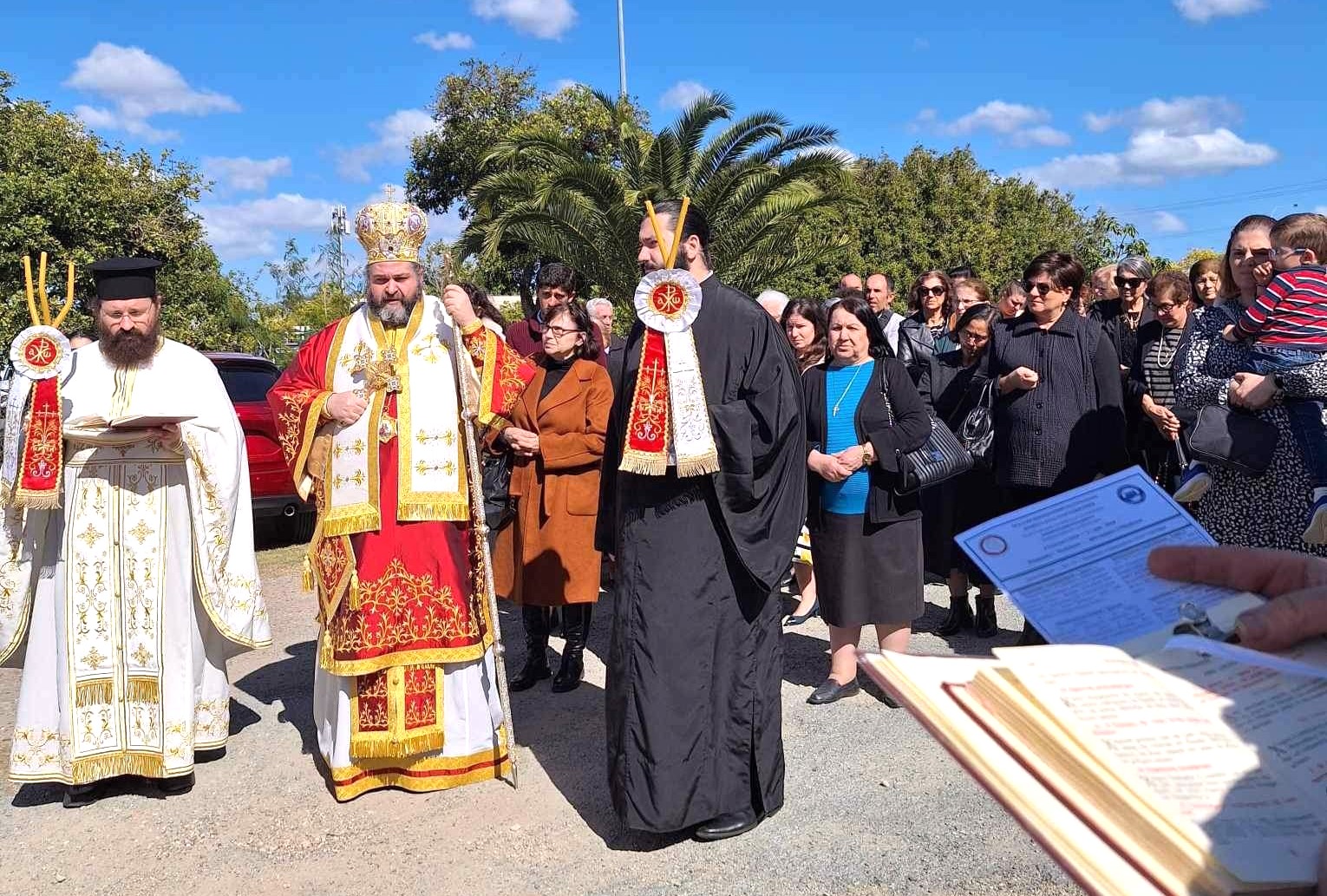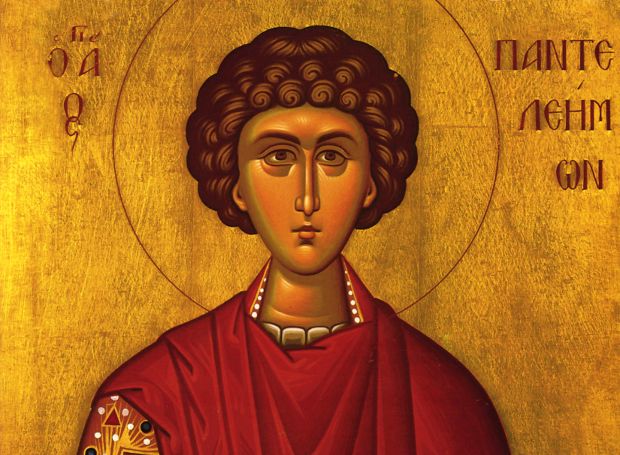Metropolitan of Hong Kong: “I adhere to the Church’s tradition of celebrating Easter”


His Eminence Metropolitan Nektarios of Hong Kong and Southeast Asia addresses via a post the ongoing debate surrounding the determination of Easter’s date, particularly critiquing recent American theologians’ assertions disconnecting Easter from the Jewish Passover.
Highlighting the canons of the Church, notably the 7th Apostolic and 1st Council of Antioch, the Metropolitan underscores the prohibition of celebrating Easter before the vernal equinox or in alignment with the Jewish Passover.
Metropolitan Nektarios delves into historical nuances, suggesting the First Ecumenical Council overturned an apostolic tradition regarding the Passover’s timing, leading to ongoing tensions between Eastern and Western practices and invites a comprehensive dialogue on pertinent issues like equinox definitions and the Orthodox Church’s adherence to the Julian calendar.
Finally, Metropolitan Nektarios advocates for upholding tradition until synodal decisions alter practices.
Please find below the message of Metropolitan Nektarios of Hong Kong and Southeast Asia
In recent years, just before Easter, some (mostly) American theologians (respected in every way) appear, writing about the determination of the date of the celebration of Easter, insisting that the celebration of the Jewish Passover has nothing to do with the “formula” of the First Ecumenical Council.
I would have liked to discuss the matter on a scientific level, with an exchange of arguments and opinions, but things took a different turn when articles with titles referring to “myths” began to appear.
So every time these views appear, I will write the same comment expressing a different opinion.
And my opinion is based on the texts and practices of the Church.
There are two Synodal canons: the 7th Apostolic and the 1st of the Council of Antioch.
The texts:
Canon G:
If any bishop, presbyter, or deacon, shall celebrate the holy day of Easter before the vernal equinox, with the Jews, let him be deposed.
Canon A’:
Before the devout Emperor Constantine, beloved of God, the Council of Nicaea set forth a decree concerning the holy and valuable celebration of Easter. If anyone, therefore, presumes to disregard this decree of the holy and great Council, let them be excommunicated and expelled from the church. This decree concerns the laity. However, if any of those who preside in the church [i.e. the clergy] presume to follow their own judgment and keep ignoring the decree of the Council by observing Easter at the same time as the Jews, he shall be treated as a foreigner to the church. This decree applies to bishops, priests, and deacons because such a man not only heaps sin on himself but also subverts and misleads many and leads them to their destruction. The decree not only deposes the person himself from his ministry but also any who presume to commune with him after his excommunication. Finally, the deposed will even be deprived of the outward honor that the holy clergy and God’s priesthood enjoy.
Both canons insist, by clear reference, that Passover should not be celebrated a) before the vernal equinox and b) together with the Jewish Passover.
If we are not interested in the Jewish Passover at all, then why these references? There is a clear reference in Constantine the Great’s encyclical letter to the bishops (Socrates’ Ecclesiastical History, Chapter I). Why did Constantine, who was present at the First Ecumenical Council, feel the need to emphasize that the Christian Passover is not celebrated together with the Jewish Passover?
I answer: The fathers of the First Ecumenical Council overturned an apostolic tradition. And I am referring to the way of celebrating the Passover of the Churches of Asia Minor, the 14th of Nisan, which had been established by the Apostles John and Paul. The transition to the new unified practice was not easy. Congregations continued to celebrate the two Passovers together. Therefore, local councils such as that of Antioch reaffirmed and upheld what the First Ecumenical Council had legislated.
There are also views that there is no need to be bound by the Jewish calendar and that times have changed and the contradictions of the past do not exist.
This is all true. Just as it is true that there is continuity and relationship between the Old and New Testaments, between the Jewish people and the Christian people, between Jewish and Christian ritual. Space does not permit a full analysis here.
If there is to be a serious discussion about the celebration of Passover between Westerners and Easterners beginning in 2025, should not all relevant issues be on the table? Will the question of the equinox be discussed? Which equinox will we accept? The astronomical or the ecclesiastical (March 21)? Should we leave out the Jewish Passover, as the Westerners do now? And, most importantly, who will convince the Orthodox Churches that follow the Julian calendar to change the way they calculate Easter?
Until there is a new synodal decision, I personally adhere to the tradition of the Church: The Christian Passover is to be celebrated after the Jewish Passover.
Source: orthodoxtimes.com




